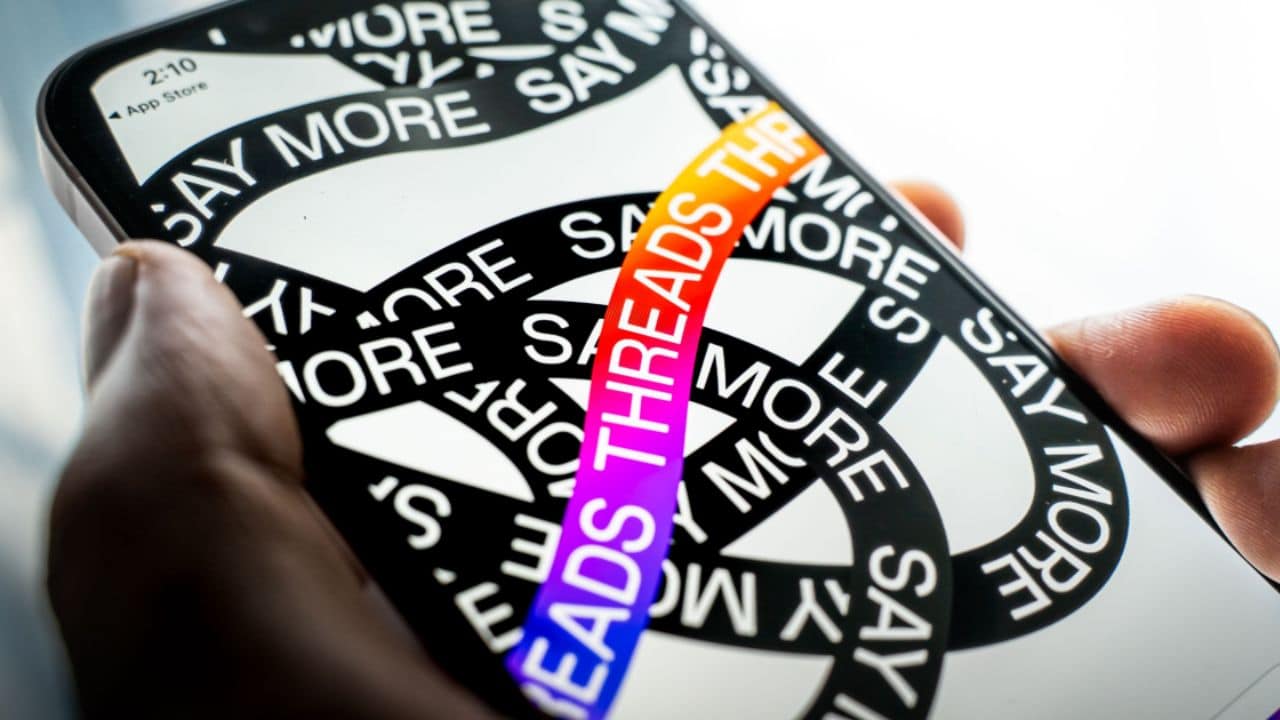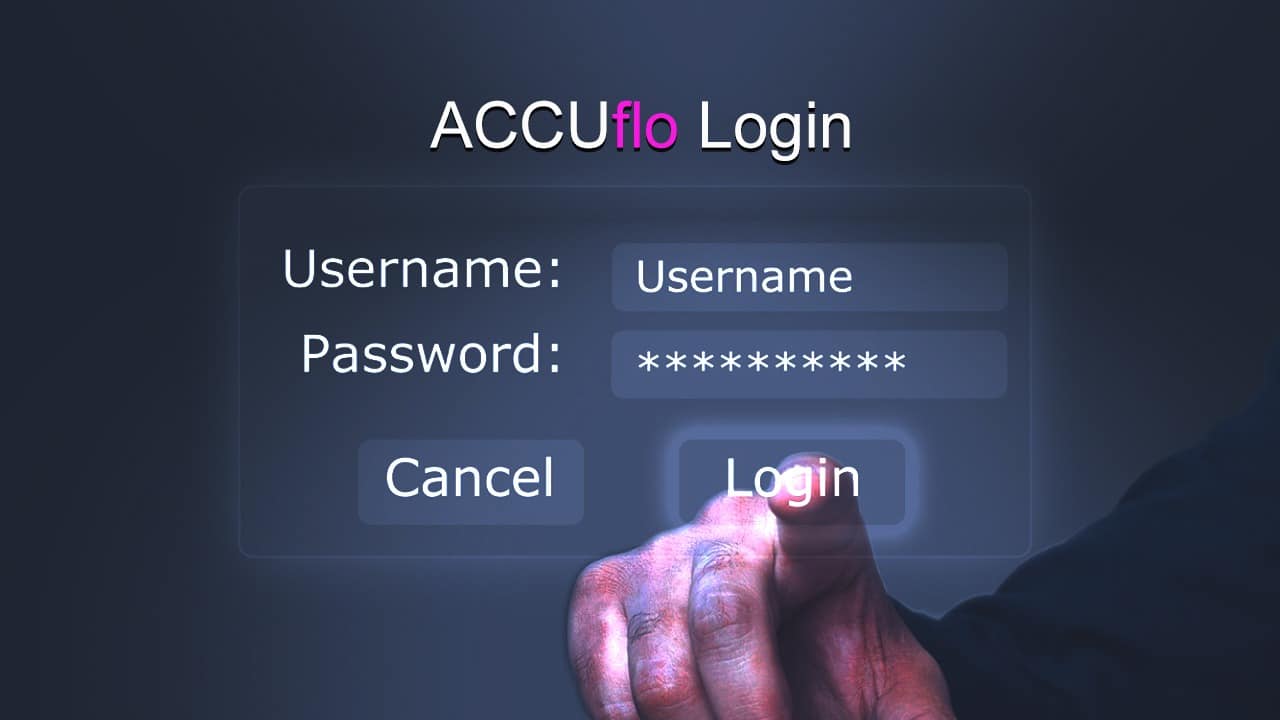Medication is effective in treating a wide range of mental health conditions and any co-occurring illnesses. It alleviates symptoms and reduces the risk of relapses. However, many drugs can have potential side effects, especially when taken incorrectly and not according to schedule. Therefore, medication management is vital to achieving the best treatment outcomes.
What is medication management in mental health?
The administration and management of medicine to minimize or stabilize symptoms linked to certain mental health conditions are central to medication management for mental health. The drug type and dosage prescribed by your mental health professional will depend on several factors such as your diagnosis, symptoms, medical history, and lifestyle habits.
Mental health medications can have a strong impact on the body and mind. Brain chemistry and pharmacological processes are complex and require expert guidance for both short- and long-term treatments. Unpleasant side effects can occur if the dose, frequency, and duration are not adhered to as well as if you discontinue the medication without the proper medical advice.
Who can prescribe mental health medication?
The following medical experts are qualified to write prescriptions and oversee mental health medication management:
Psychiatrists
Psychiatrists have licensed physicians with specialized psychiatric training who diagnose, administer, and monitor medication for mental health disorders.
Psychiatric/mental health nurses
Psychiatric or mental health nurse practitioners are licensed to prescribe and oversee the administration of drugs in some states with a level of monitoring by a qualified psychiatrist.
Psychiatric pharmacists
Depending on state laws, advanced-practice pharmacists with a focus on mental health care can prescribe drugs, manage pharmaceutical combinations, and modify treatment based on responses.
General physicians
Primary care physicians and pediatricians can prescribe medication. Doctors should work with mental health professionals to determine an individual’s best treatment plan.
Family nurse practitioners
Family nurse practitioners provide medical services that include prescribing medication, depending on state law. However, they do not generally specialize in mental health unless they become a certified psychiatric mental health nurse practitioner.
What are the key factors in taking mental health medication?
There are specific dos and don’ts when it comes to prescription medications. Psychiatry is a highly developed, specialized discipline, and medication is a proper science.
Understanding your medication program
It is important to understand how your treatment drugs will interact with other substances. Even paracetamol or vitamin tablets can cause interactions with the compounds in your medications. Being aware of the possible side effects, understanding the treatment plan, and asking for clarification, when necessary, equips you with the knowledge to actively be in control of your recovery.
Adherence to medication
Medication compliance is essential for meeting treatment goals and ensuring that medications are effective. Your mental health could further deteriorate, and you might need more doctor visits, and experience unpleasant side effects if you don’t take your medication as directed.
Refill prescriptions in advance
Many medications require a daily dose and withdrawal side effects can occur quickly, so it is advisable to avoid ever running out. When you do start to run low on your current prescription, call in a refill and set reminders for prescription renewals.
Store medicines safely
Your medication’s effectiveness may be impacted by its storage conditions such as overexposure to air and light. Medicines should be stored in a dry, cool environment and kept away from the heat and moisture that typically occurs in bathrooms. Always keep medication out of children’s sight and reach.
What are the main don’ts of taking mental health medication?
Don’t take medication that is not prescribed
Observe all recommendations on the pharmaceutical label of your medicine. If you have any problems regarding the instructions, see your doctor or pharmacist. Never take mental health medication that is not prescribed specifically for you. Do not take drugs that have altered color, texture, or smell or are damaged in any way.
Don’t keep old medication
Carefully and responsibly dispose of any unused medication that has expired or is no longer needed. It should not be thrown down the drains or toilets or left intact in the garbage where it may be accessible to others.
Don’t share your medication
Various drugs have different effects on different people. Not every drug is effective for everyone, and everyone experiences side effects differently. Never share your medication with anyone even if you have the same symptoms. People need to do proper assessments and get a diagnosis before being prescribed mental health medication that is managed by their psychiatrist.
Safety tips when taking mental health medication
Psychiatric drugs are a crucial component of a comprehensive treatment plan that frequently also includes other therapies and advised lifestyle modifications. But not taking medications safely can have life-threatening consequences.
Be vigilant for side effects
When taking medicine, keep track of any atypical side effects. Checking for side effects helps you and your doctor ensure that the medication you’re taking is the most effective for you.
Avoid alcohol and drug use
Alcohol and recreational drug use alter brain chemicals, which affect emotional and mental functioning. Along with a higher risk of depression, anxiety, and suicide, using intoxicating substances with mental health medication can be exceptionally dangerous.
Dietary considerations
Maintaining a balanced diet is an important part of any healthy lifestyle and necessary for overall well-being. However, food can change how a medication works, so it is important to know if your pills should be taken with food or on an empty stomach.
Be realistic and patient
Medication for mental health issues doesn’t always take effect immediately and it may take weeks for the drugs to really start making an impact. Stick with the treatment plan and discuss any concerns with your psychiatrist.
Importance of medication management in mental health
Suffering from a mental illness can be distressing and life-altering. Without treatment, mental disorders have devastating effects on both the affected person and society. Untreated mental health disorders can lead to poor quality of life, unnecessary handicaps, unemployment, substance misuse, homelessness, and criminal behavior.
Mental health professionals prescribe medication as part of the treatment and recovery process. By working with a psychiatric professional, you can establish your individualized medication management plan that will reduce symptoms and promote recovery and normal living. With mental health medication management, outcomes are measurable, realistic, and revised as necessary on a frequent basis.











































